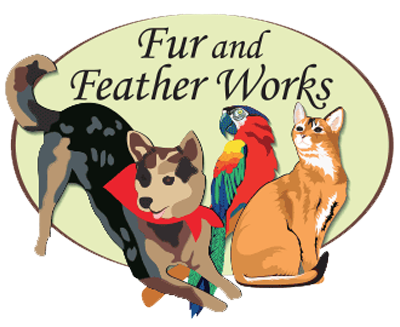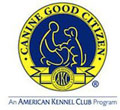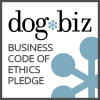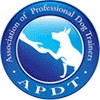You may have already heard that for at least the last year, veterinarians are seeing increasing amounts of Parvovirus cases in Reno and Sparks. A few weeks ago, a puppy in Carson City was discovered to have had rabies. What you need to know is why this scares everyone so much, and what you can do to minimize your dog’s risk!
Disclaimer: I am not a veterinarian. I only know about transmittable diseases in order to keep my training services as safe as possible and make sure I’m disinfecting common areas properly. If you need more detailed information, contact your veterinarian directly.
What is Parvo? What is Rabies? Do we have them in Reno/Sparks?
Canine Parvovirus is a life-threatening disease that causes extreme vomiting and diarrhea, and if not treated quickly by a veterinarian, basically causes the animal to die from dehydration. It’s not pretty. It’s transmitted by the feces or vomit of an infected dog, and scarily, the virus can live in the soil for years, unless you use special chemical disinfectants to kill it (not all disinfectants will kill Parvo; it’s a hard virus to kill). That means that basically, parvo is likely to be everywhere there are lots of dogs, and especially in parks, dog parks, and places where lots of dogs go to to the bathroom. Your dog can catch it if he walks where an infected dog has pooped, and then licks his paws.
Rabies is also a virus, that is transmitted through contact with saliva. It’s usually transmitted when a wild animal bites a human or pet. The case in Carson City became news because when the puppy was discovered (purely by chance) to have had rabies, so many people had come into contact with his saliva that lots of preventative treatment was needed. Unfortunately, rabies can only be diagnosed post-mortem, so prevention is key.
How do you prevent Parvo?
Vaccinate your dog fully before allowing him to go anywhere where dogs of unknown health status have been and ESPECIALLY gone to the bathroom. That includes pet stores and the sidewalk outside. And choose your puppy training class VERY carefully!
Contrary to popular belief, your dog’s vaccinations do not have a cumulative effect; that is, your dog does not develop more immunity the more vaccinations he gets. The term vaccine “booster” is a bit of a misnomer. The purpose of a vaccine is to create antibodies in your dog’s blood. When they are born, puppies receive these antibodies from their mother naturally, provided Mom was vaccinated properly. Vaccinating a puppy while Mom’s antibodies are still present is useless. The trick is, at some point during puppyhood, Mom’s antibodies wear off. Vaccinations are recommended at 8 weeks, 12 weeks, 16 weeks, and 20 weeks because your veterinarian is trying to vaccinate your puppy when the vaccination will have the maximum effect: after Mom’s antibodies have worn off, but before your puppy has been exposed to diseases. After that, for the rest of your dog’s life, a booster schedule is intended to remind your dog’s immune system what it’s supposed to be creating antibodies for, to make sure they don’t wear off.
But, do NOT keep your puppy at home until their vaccines are done!
It’s also damaging to keep your unvaccinated puppy at home and not expose them to the world, because by the time their vaccinations are completed, they have also passed their critical socialization period (this ends around 4 months, depending on the dog breed). Undersocialization leads to fear and aggression problems later down the road. So, the best thing to do is find a privately run, tightly controlled Puppy Kindergarten class. Look for sealed floors, controlled admittance of only healthy dogs whose owners have brought in vaccination records, and good disinfecting and general hygiene practices (ie, “accidents” should be cleaned up right away with disinfectant – you shouldn’t see any dried pee stains anywhere). In our Puppy Kindergarten class, we mop the floors and clean up “accidents” with Rescue Disinfectants, and make sure each puppy is under the care of a veterinarian and sticking to their vaccination schedule while they attend. It’s a calculated risk, but it’s the safest possible way to get in that crucial puppy socialization. Here is more information on our cleaning and safety protocols.
Does my puppy really need all those vaccines?
Basically, yes. Parvo is an ugly a way to die. Its not worth the risk. Once you’re done the puppy series, if you’re reluctant to further vaccinate your dog, that’s okay – there’s a test you can do called a blood antibody titer, which means your vet draws some blood from your dog, and a lab counts the number of antibodies present in the blood, and tells you whether your dog is still protected. If their antibody count is too low to keep them protected, you need to re-vaccinate. If not, you can discuss a titering schedule with your veterinarian to keep checking. Whatever you do, do NOT leave it to chance – you need to know, either way.
Be safe out there!








